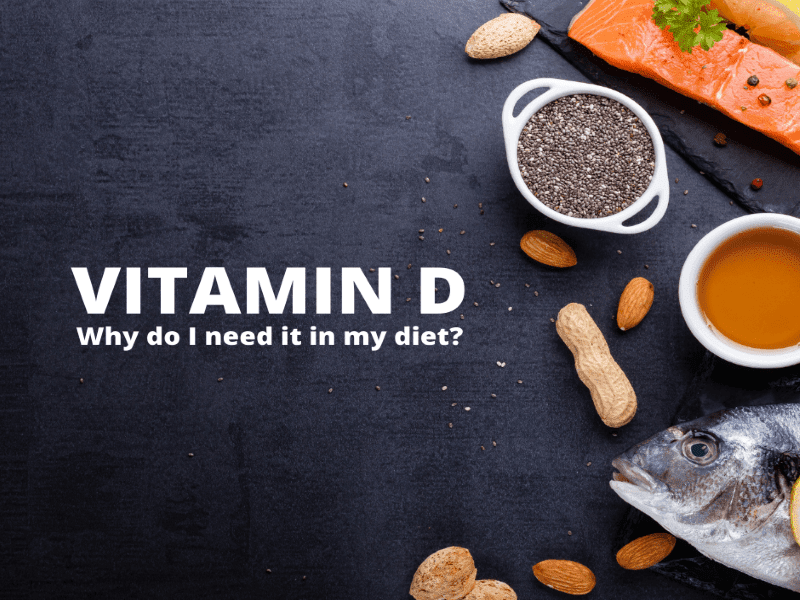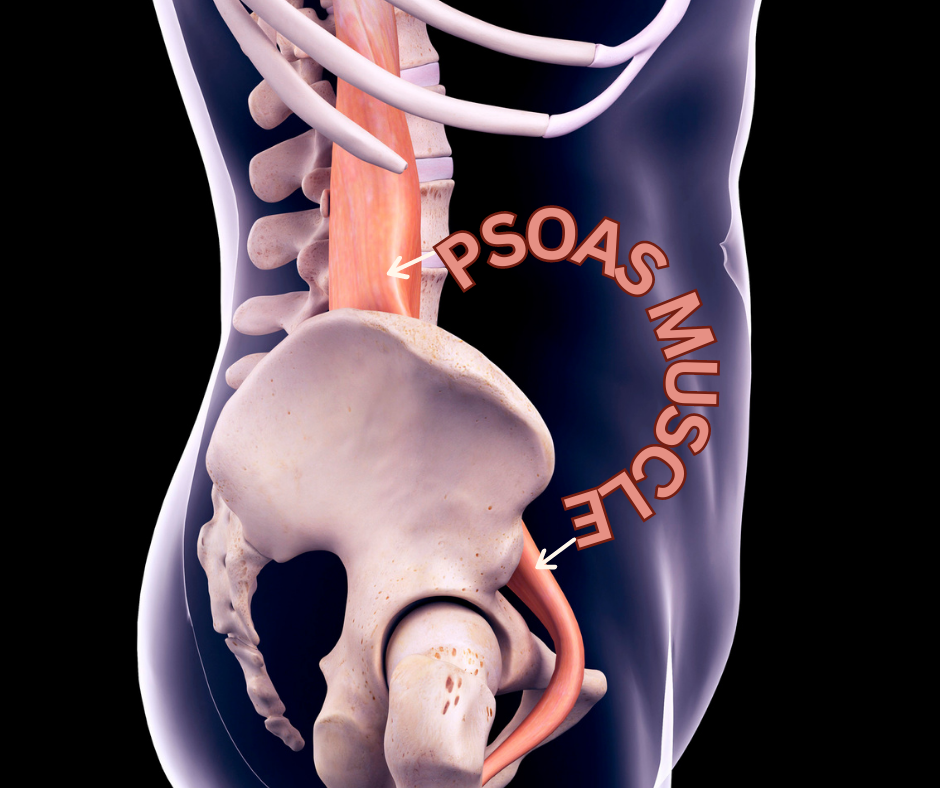Vitamin D is a fat-soluble vitamin. The vitamin D your body produces and absorbs from your diet is stored in fat tissue for later use.
Vitamin D is an extremely important vitamin that has powerful effects on several systems in your body. Unlike other vitamins, vitamin D functions like a hormone. Every single cell in your body has a receptor for it.
Here are some of the most common risk factors for vitamin D deficiency:
- Aging
- Obesity
- Lack of fish or dairy in your diet
- Always using sunscreen. The sun’s ultraviolet (UV) is the main cause of skin cancer and unfortunately also the best natural source of vitamin D
- Chronic kidney disease, liver disease, or hyperparathyroidism
- Health conditions that affect nutrient absorption, such as Crohn’s Disease, Celiac Disease or Leaky Gut
- Gastric bypass surgery
- Using certain medications that impact vitamin D metabolism
Benefits of vitamin D:
- Regulates and boosts the immune system
- Supports the absorption of dietary calcium
- Promotes healthy bones (especially pre-menopausal and post-menopausal due to the risk of osteoporosis)
- Promotes healthy teeth
- Helps support a healthy cardiovascular system and brain function
- Helps in regulating insulin levels and supporting diabetes management
- Can help to support lung function
Foods high in Vitamin D:
- Cod Liver Oil: high in vitamins A and D, reduces inflammation, improves bone density
- Fresh fatty fish, such as salmon or mackerel
- Canned tuna fish and canned sardines both contain vitamin D and are usually less expensive than fresh fish. Plus, a longer shelf life makes the canned products easy to stock up on and use at your leisure. Canned light tuna has the most vitamin D—about 150 IUs per 4 ounces—while canned albacore tuna has about 50 IUs per 4 ounces, and canned sardines have a little more than 40 IUs per two sardines.
- Egg yolks
- Cheese
- Beef liver
- Mushrooms (maitake, morel, chanterelle, oyster, and shiitake)
- Fortified milk
- Fortified cereals and juices
However, no other plant-based foods produce vitamin D. For people whose diets are mostly vegetarian or vegan, and for people who do not or cannot spend a lot of time outdoors, it can be difficult to get enough vitamin D.
That is why vitamin D supplements are also a great way to increase your vitamin D especially if you don’t have enough of the above foods.
It is a good idea to have a blood test to check your vitamin D levels so you have a starting point. Remember it is a fat-soluble vitamin and can be stored in the body, so your existing vitamin D levels will dictate what dose would be best for you.
Now more than ever we need to make sure our immune system is working at an optimum level. Vitamin D is something you could add to your diet and/or take as a supplement to assist you in reaching this goal.
Make an appointment with us to find out what’s missing in your diet and how to reach your optimal health.









